Why technology in the classroom is a necessity
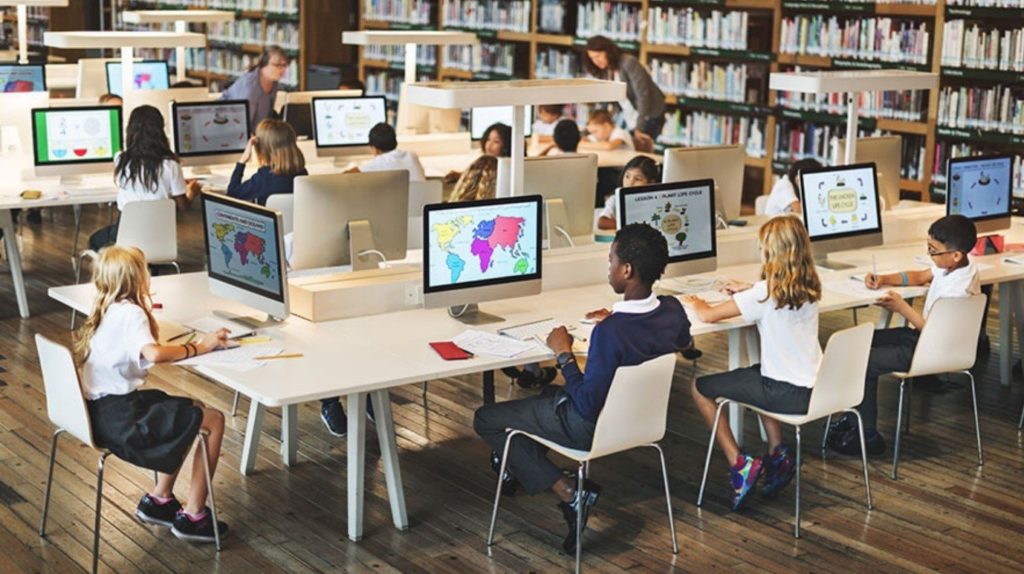
Technology is an extremely prominent part of our culture where for some, it has become the backbone to both their personal and professional lives.
With the use of gadgets constantly increasing amongst young people, there is an incredibly evident reliance on technology. When carrying out homework, the internet is no longer an option, but rather a necessity.
Since technology has become such a necessity in the lives of young people, schools need to integrate this modern way of learning to ensure further success and enjoyment for the pupils. Whilst smartboards and computers are being used by schools, there are far more opportunities that could be utilised. This would enhance the EdTech skills of both their students and teachers.
Providing students with these tools will not only prepare them for future employment, but it will help them in their learning of today’s digital world. Statistics show that technology can drastically increase the amount of classroom engagement. This clearly demonstrates that, with the correct treatment, technology usage could be utilised in order to improve chances of success for students.
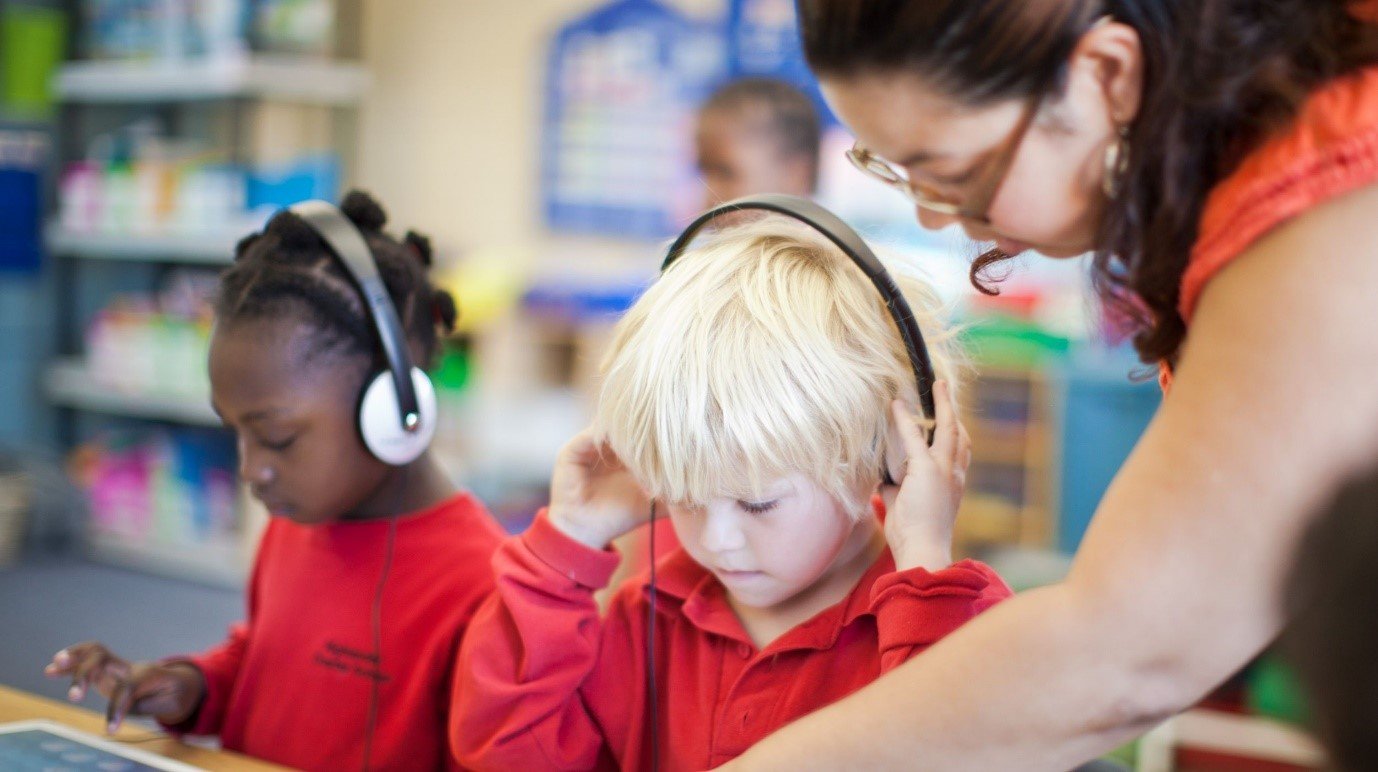
Computing skills will not only be important, but necessary for young people as they progress into the world of work and adulthood. However, it is not technology alone that will largely impact students; it is educators. If the education sector were to take advantage of the rich opportunities available to them then our future classrooms will be successful and prosperous.
Careers are set to be based upon emerging technologies, making it integral that students are aware of its importance in shaping their futures.
This directly correlates to research from the world economic forum that has shown that 65% of children entering our primary schools will work in roles that currently do not exist. Therefore, integrating the use of EdTech methods in our schools can only benefit the future of our pupils by giving them the skills that will be required further along their education journey.
Skills such as coding and virtual reality (V.R) can help inspire children to become more connected, both to each other and their future prospects. The digital world inspires creativity that can co-exist alongside logical skills and subjects like maths. Combining technology with core academic subjects enables our students to build next level skills of problem-solving; vital skills for even simple everyday tasks.
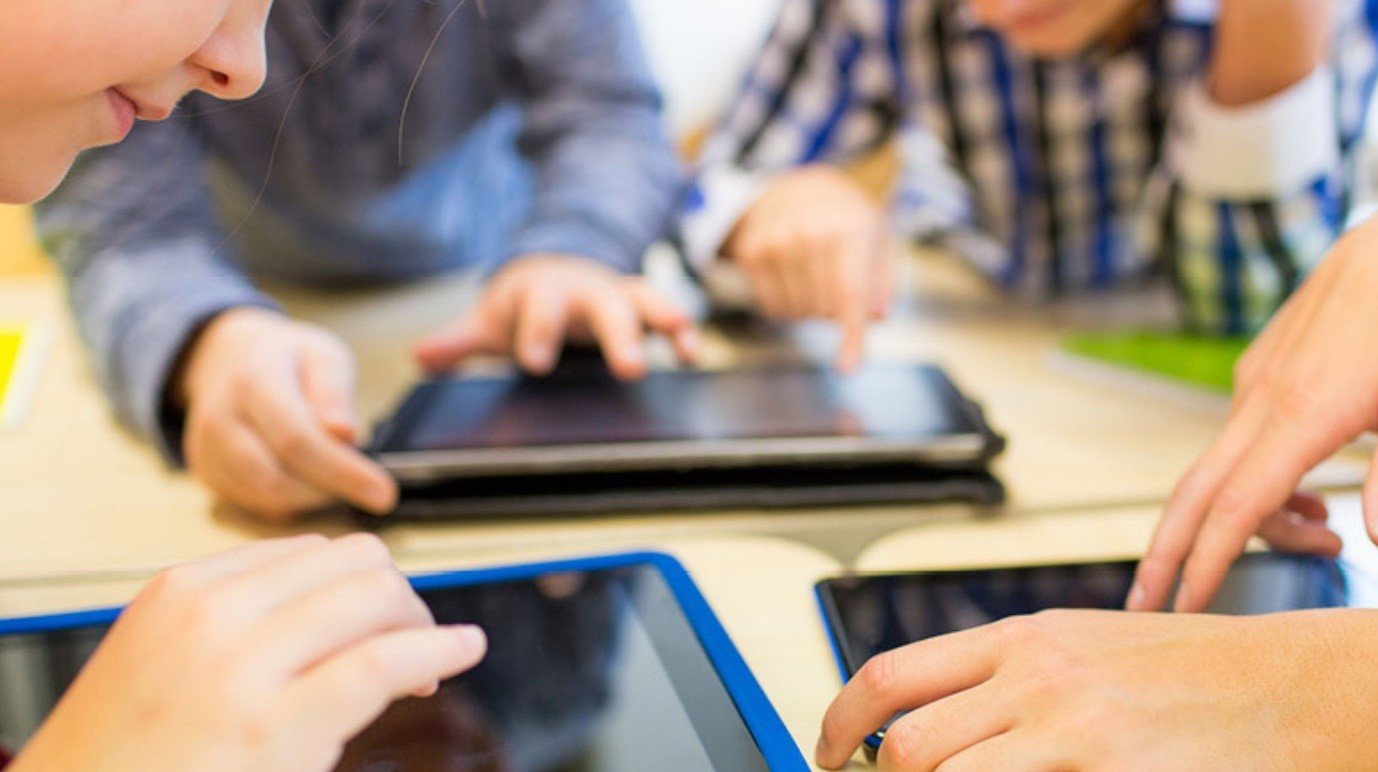
Just as with homework and research, information can be accessed immediately with the most up to date information readily-available. It is for this reason that technology can be a fantastic source of information. This would not only improve lessons for educators through time-saving but would also encourage students to communicate and collaborate in a more inclusive way. Software used in the classroom can be easily updated and modified as the syllabus changes, ensuring that information received is always relevant and useful. The same cannot be said for textbooks which quickly grow outdated.
The use of technology encourages children to face problems and solve them on their own. For example, when a part of a pupil’s programming does not work, it encourages them to self-identify the tools and means to fix it.
Not only does this encourage our students to learn and develop academically, but it also teaches them the value of decision and problem-solving when challenges arise. However, developing this skill in the digital world leads one to gradually become more proficient with this sought-after skill in the real world. This especially applies to school environments where students could face problems in the playground or in a variety of different subjects where something may not seem right.
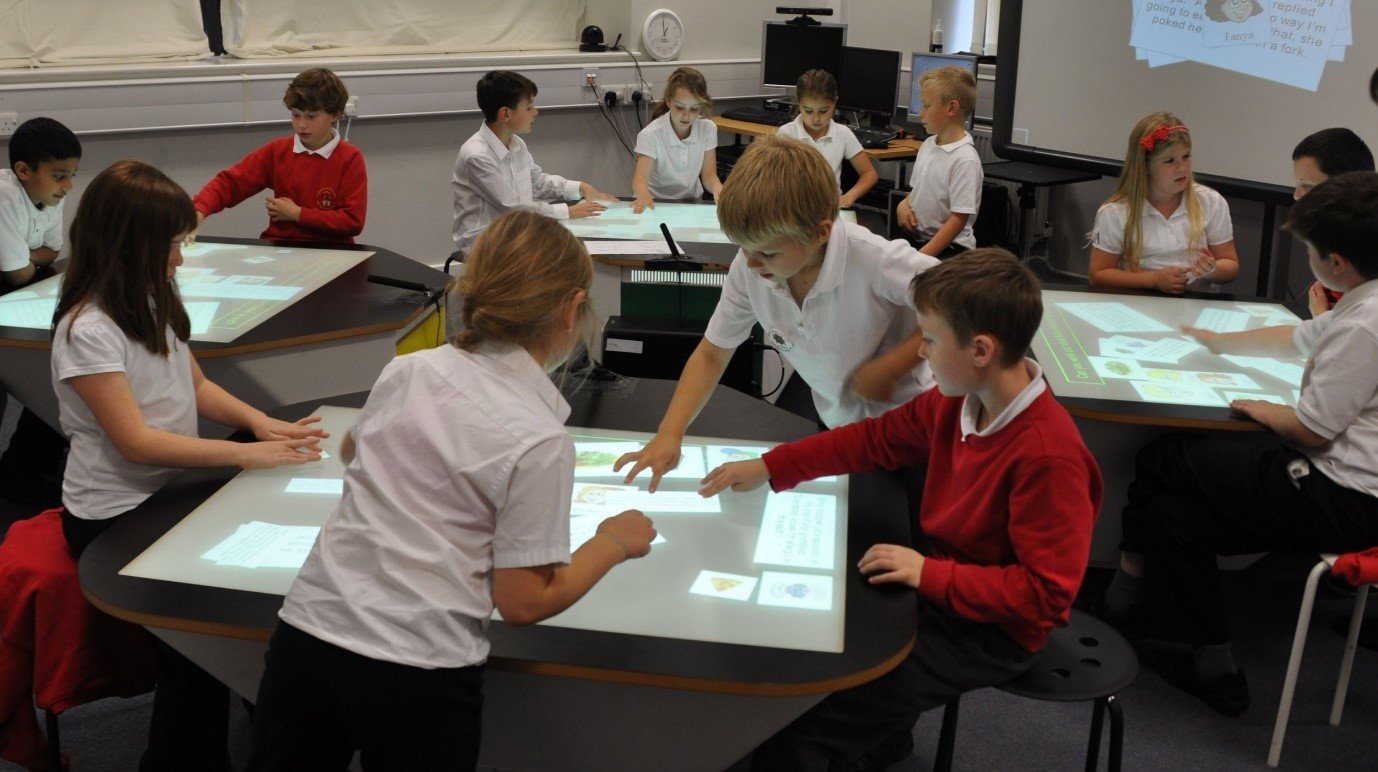
This is not just theoretical. A study from the Pew Research Centre stated that 92% of teachers introduced to advanced technology in the classroom have said that it has made a positive impact. The same figure also reported an increase in pupil enjoyment. it is well known amongst educators that the more enjoyment pupils experience in lessons, the more they listen and learn.
Technology would certainly improve the way teachers communicate with pupils and facilitate the learning process. With technology, efficiency, pupil and staff enjoyment would increase and eventually lead to an increase in productivity.
Opogo has already seized the opportunity by making a drastic difference to the relationship between technology and education in schools across London. They have equipped children with tools such as the use of virtual reality and app development. They believe that it is essential to provide children with real-time opportunities in technology that will help equip them with the skills for future employability.
What is clear through Opogo’s programmes such as #TeachDigital, which I have had the personal chance to experience and enjoy, is that Opogo truly believes that teachers and pupils alike can improve their skills, enjoyment and experiences through the incredible use of emerging technologies.

About our Guest Writer

Adam Virani
Year 8 student
Adam is a year 8 student and a resident writer here at Opogo. Having been involved with Opogo’s TeachDigital programme and interning with the marketing team in his spare time, Adam has asked to be a regular writer for the team.
With a passion for writing, Adam hopes to harness and hone his skills as a writer by giving us his first-hand experiences and knowledge of the education sector – this time from a student’s point of view.





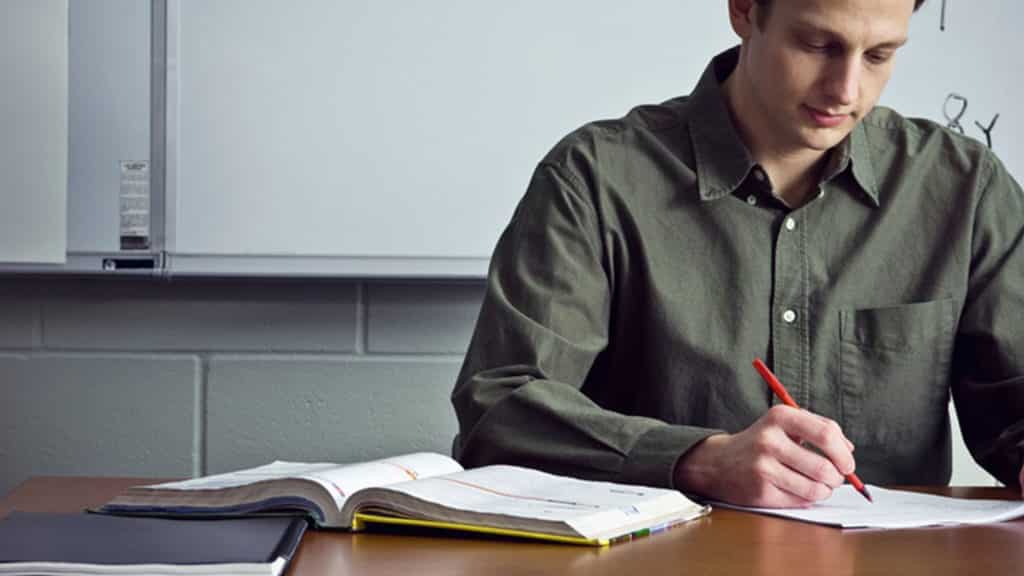
Responses